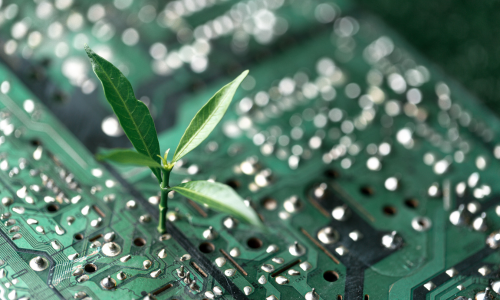From Farm to Fork: The Movement Toward Sustainable Agriculture and Food Systems
In recent years, the push for sustainable agriculture has gained significant momentum. This movement aims to transform our food systems to be more environmentally friendly, economically viable, and socially responsible. Here’s how sustainable agriculture is shaping the future of food production and what you can do to support it.
The Importance of Sustainable Agriculture
Sustainable agriculture is crucial for ensuring food security while preserving the environment for future generations. It involves practices that protect ecosystems, reduce resource consumption, and maintain soil health. By prioritizing these methods, farmers can produce food more efficiently while minimizing their ecological footprint. This approach not only addresses the growing concerns about climate change and resource depletion but also supports biodiversity.
Environmental Benefits
Sustainable farming practices offer numerous benefits to the environment. Techniques such as crop rotation, organic farming, and agroforestry help maintain soil fertility and reduce the need for chemical fertilizers and pesticides. These methods decrease water pollution, reduce greenhouse gas emissions, and enhance the resilience of crops to climate change. By adopting sustainable practices, farmers contribute to a healthier planet and a more stable climate.
The Role of Technology
Technology plays a pivotal role in advancing sustainable agriculture. Innovations such as precision farming, which uses GPS and data analytics, enable farmers to optimize resource use, reducing waste and increasing efficiency. Drones and sensors help monitor crop health and soil conditions, allowing for precise interventions. These technological advancements make it possible to produce more food with fewer inputs, supporting both environmental and economic sustainability.
Supporting Sustainable Food Systems
Consumers play a vital role in promoting sustainable agriculture by making informed choices. Here are a few ways to support sustainable food systems:
- Buy Local and Seasonal: Purchasing locally grown and seasonal produce reduces transportation emissions and supports local farmers.
- Choose Organic: Opting for organic products encourages farming practices that do not rely on synthetic pesticides and fertilizers.
- Reduce Food Waste: Plan meals and store food properly to minimize waste, contributing to a more efficient food system.
- Educate and Advocate: Spread awareness about the benefits of sustainable agriculture and advocate for policies that support it.
By taking these steps, you can contribute to a more sustainable future, ensuring that our food systems remain resilient and capable of feeding the world while preserving the planet.…










